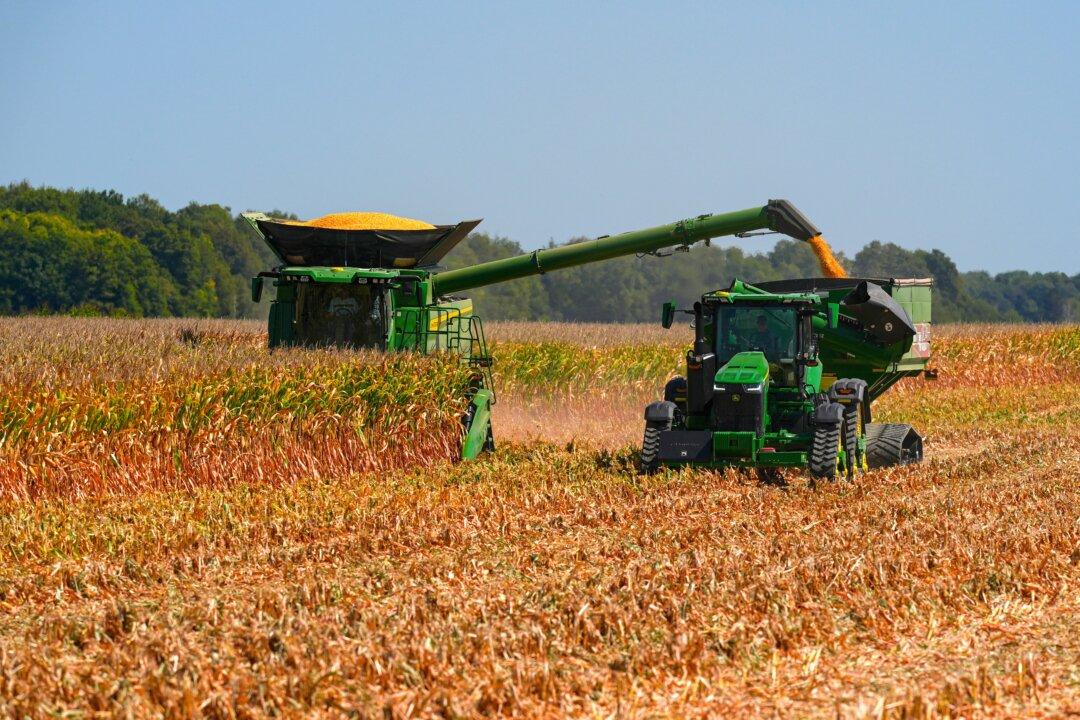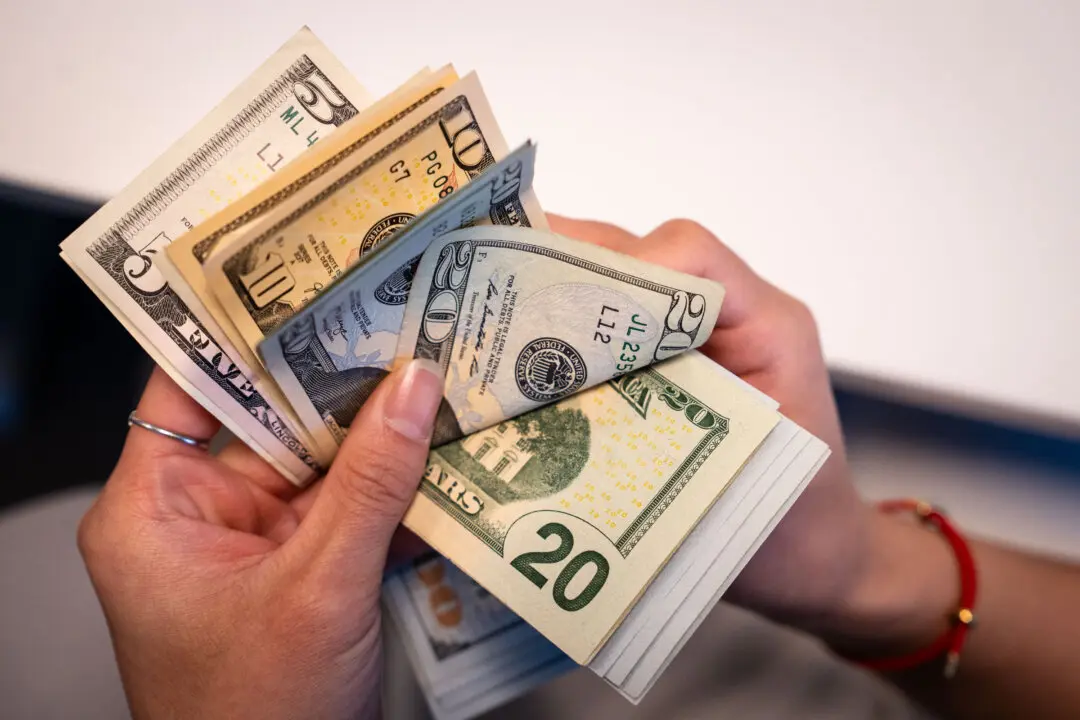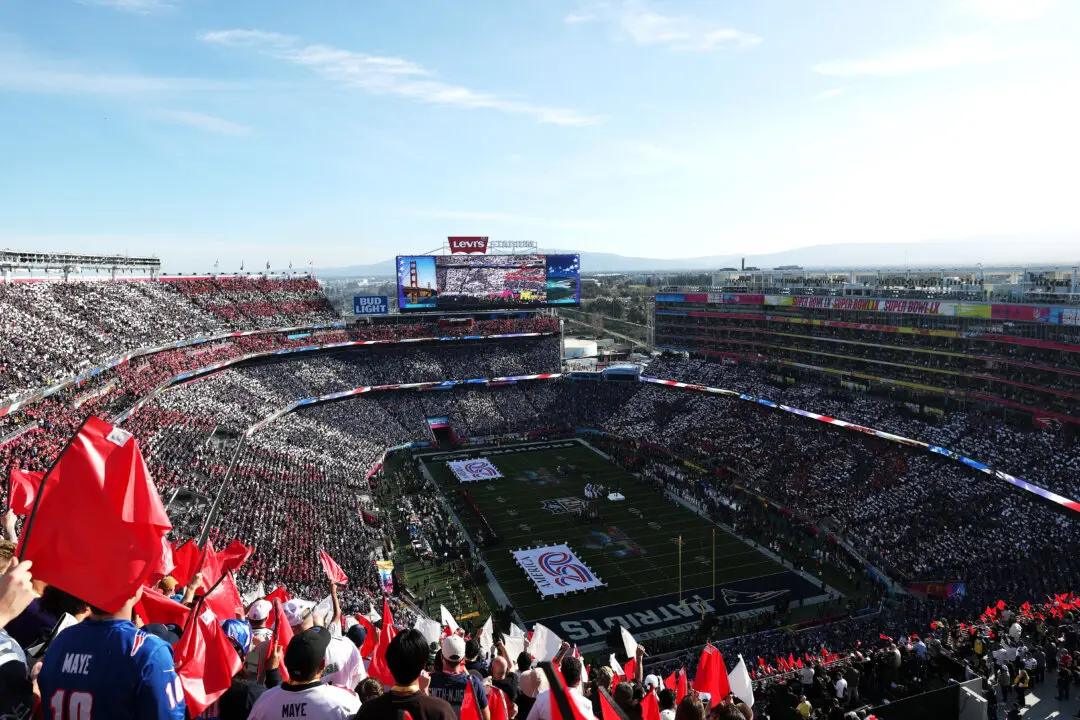Commentary
America loves to debate socialism. We argue about universal health care, guaranteed income, student loan forgiveness, and government dependency. We pride ourselves on our rugged independence and belief in free markets. We warn that socialism destroys innovation, freedom, and personal responsibility. But here’s the uncomfortable truth most Americans never stop to consider: The most centrally planned, government-dependent, subsidy-driven system in the United States isn’t medicine, housing, or energy; it’s food.





